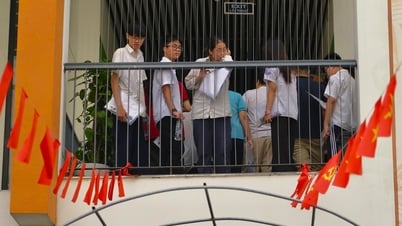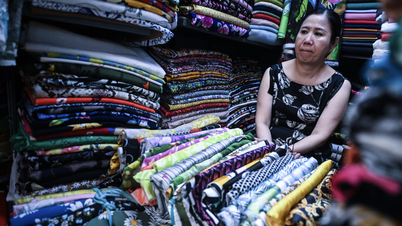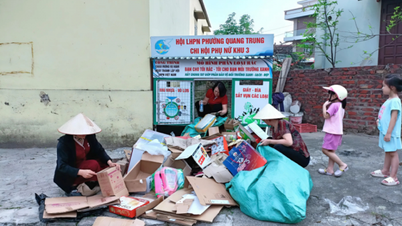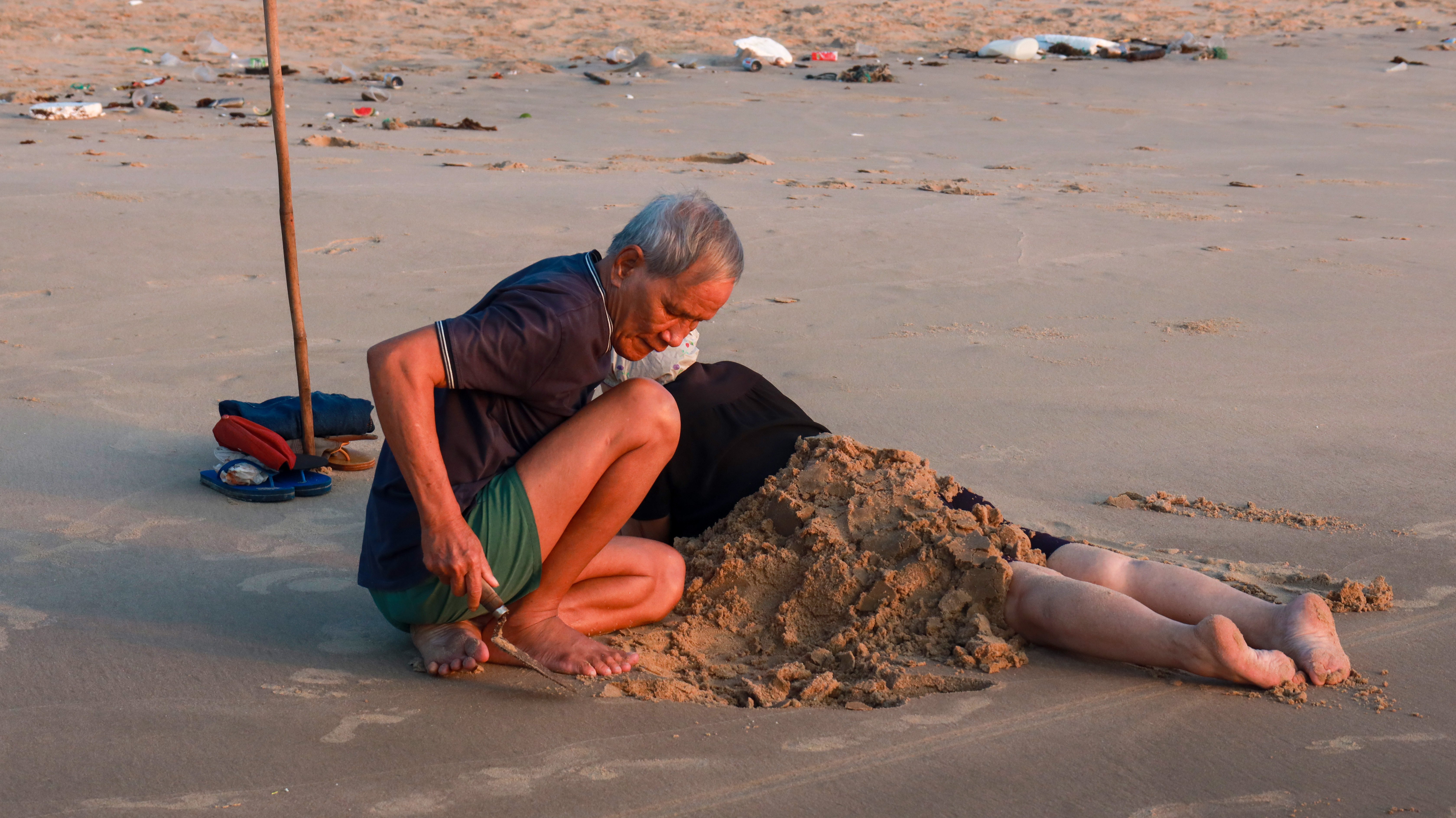The Cyberspace Administration of China (CAC) announced the campaign on WeChat. The campaign will last for three months and will target false and inaccurate information about domestic entrepreneurs and businesses, and aims to “uproot” websites and online accounts that violate human rights.

Stories like “Chinese entrepreneurs are traitors” or “It’s time for China’s private economy to retreat” are all in the crosshairs. The CAC will crack down on any leaks of private entrepreneurs’ personal histories, as well as their health records, financial accounts, travel diaries, home addresses, and phone numbers.
The campaign aims to create a “healthy online space for public opinion” so that entrepreneurs can focus on developing their businesses without distraction, according to the CAC. Nearly a month ago, Niu Yibing, deputy director of the CAC, announced at a conference in Beijing that the online business environment would be a priority this year.
Chinese nationalism has surged in the past decade, while private-sector entrepreneurs—who often operate overseas—have been regularly targeted by cyberbullying. For example, Lenovo and its founder Liu Chuangzhi were accused for months of extortion by KOL Siman Nan, whose social media accounts were shut down by authorities in August 2022.
The campaign comes as state leaders seek to revive the post-Covid-19 economy and restore confidence in the private sector, including internet companies and property, after a period of regulatory and economic turmoil. It is part of the Qinglang campaign to “clean up cyberspace,” which has been fighting and eliminating information that the government deems harmful and inappropriate since 2016.
In 2022, China launched 13 special campaigns, cracking down on a total of 54.3 million illegal information cases, closing 6.8 million social media accounts, taking down 2,890 apps, rejecting 260,000 online discussion groups, and closing 7,300 websites.
(According to SCMP)

Source





























![[Photo] Nearly 104,000 candidates in Hanoi complete procedures to take the 10th grade entrance exam](https://vphoto.vietnam.vn/thumb/1200x675/vietnam/resource/IMAGE/2025/6/7/7dbf58fd77224eb583ea5c819ebf5a4e)


























































![[OCOP REVIEW] Tu Duyen Syrup - The essence of herbs from the mountains and forests of Nhu Thanh](https://vphoto.vietnam.vn/thumb/402x226/vietnam/resource/IMAGE/2025/6/5/58ca32fce4ec44039e444fbfae7e75ec)







Comment (0)